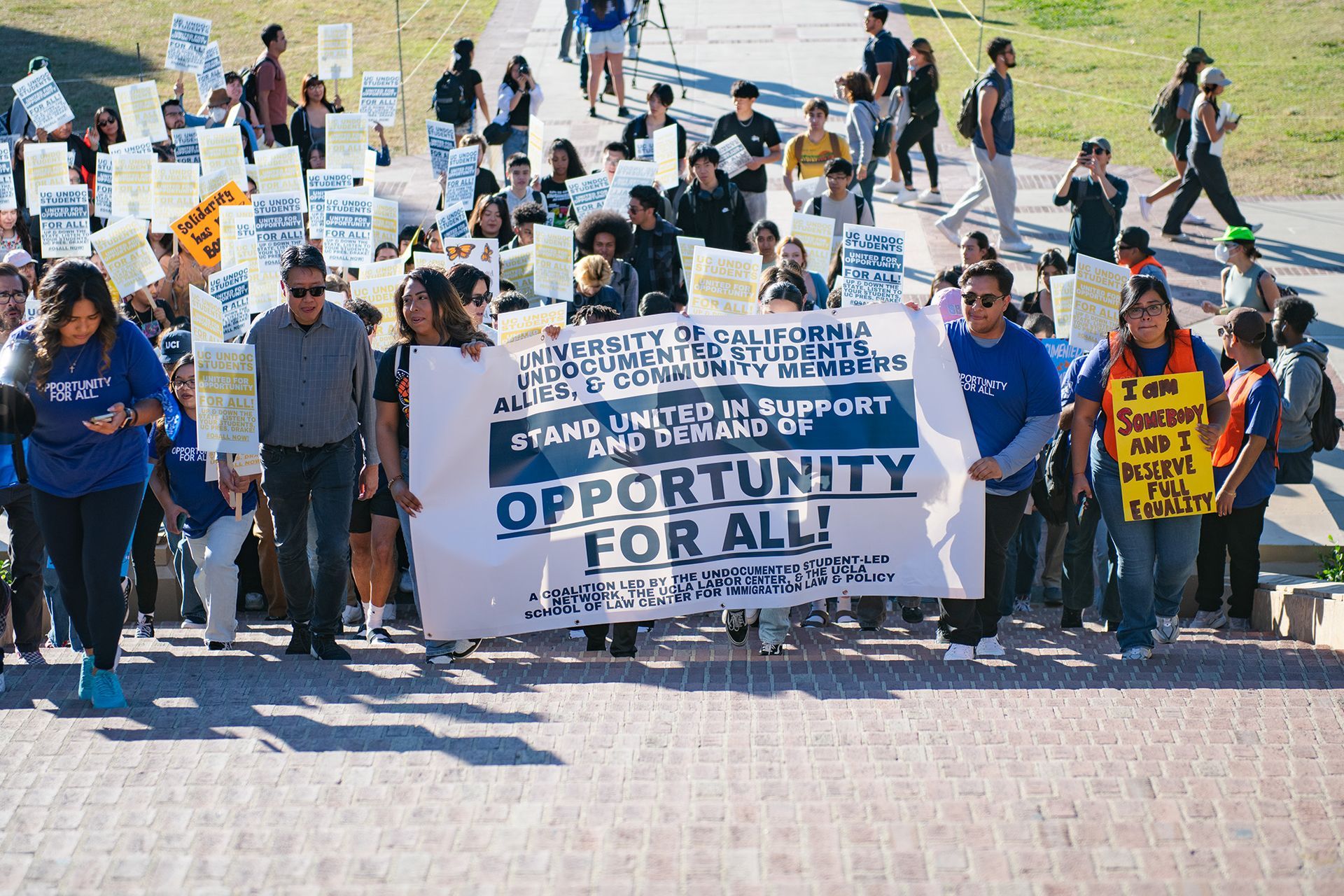Know Your Rights -Protecting Immigrant & Undocumented Communities
No matter who is the United States President, and regardless of your immigration status, you have guaranteed rights under the Constitution

On Monday, the new presidential administration kicked off a sweeping immigration crackdown, tasking the U.S. military with aiding border security, issuing a broad ban on asylum and taking steps to restrict citizenship for children born on U.S. soil. Declaring illegal immigration a national emergency, the new US President ordered the Pentagon to provide support for border wall construction, detention space, and migrant transportation, and empowered the Secretary of Defense to send troops to the border as needed.
Immigrants who are stopped, arrested, or detained by Immigration or other law enforcement have certain rights. But non-citizens without status must be especially careful when encountering law enforcement in the United States or at the border. If you encounter law enforcement at work, on the street, after a traffic stop, or at home, you usually have the same constitutional rights as U.S. citizens. You may have fewer rights when interacting with law enforcement agents at the border or an airport.
No matter who is the United States President and regardless of your immigration status, you have guaranteed rights under the Constitution.
- You have the right to remain silent and do not have to discuss your immigration or citizenship status with police, immigration agents, or other officials. Anything you tell an officer can later be used against you in immigration court.
- If you are not a U.S. citizen and an immigration agent requests your immigration papers, you must show them if you have them with you.
- If an immigration agent asks if they can search you, you have the right to say no. Agents do not have the right to search you or your belongings without your consent or probable cause.
- If you’re over 18, carry your papers with you at all times. If you don’t have them, tell the officer that you want to remain silent, or that you want to consult a lawyer before answering any questions.
- In some states, you must provide your name to law enforcement if you are stopped and told to identify yourself. But even if you give your name, you don’t have to answer other questions.
- If you are driving and are pulled over, the officer can require you to show your license, vehicle registration and proof of insurance, but you don’t have to answer questions about your immigration status.
- Customs officers can ask about your immigration status when entering or leaving the country. If you are a lawful permanent resident (LPR) who has maintained your status, you only have to answer questions establishing your identity and permanent residency. Refusal to answer other questions will likely cause delay, but officials may not deny you entry into the United States for failure to answer other questions. If you are a non-citizen visa holder, you may be denied entry into the U.S. if you refuse to answer officers’ questions.
- If you have been detained by ICE, you have the right to contact your consulate or have an officer inform the consulate of your detention.
- Remember your immigration number ("A" number) and give it to your family. It will help family members locate you.
- IMPORTANT - If you are detained by ICE, you have the right to consult with a lawyer, but the government is not required to provide one for you. You can ask for a list of free or low-cost alternatives.
If you are stopped by law enforcement, do everything you can to reduce risk to yourself;
- Stay calm. Don’t run, argue, resist, or obstruct the officer, even if you believe your rights are being violated. Keep your hands where police can see them.
- Don’t lie about your status or provide false documents.
- Prepare yourself and your family in case you are arrested. Memorize the phone numbers of your family and your lawyer. Make emergency plans if you have children or take medication.
If you are a non-citizen;
- Ask your lawyer about the effect of a criminal conviction or plea on your immigration status. Don't discuss your immigration status with anyone but your lawyer. While you are in jail, an immigration agent may visit you. Do not answer questions or sign anything before talking to a lawyer. Read all papers fully. If you do not understand or cannot read the papers, tell the officer you need an interpreter.
If you encounter law enforcement at work, on the street, after a traffic stop, or at home, you usually have the same constitutional rights as U.S. citizens. You may have fewer rights when interacting with law enforcement agents at the border or an airport.
For more information, visit "Know Your Rights: What to Do if You Are Arrested or Detained by Immigration" from the National Immigration Law Center.










